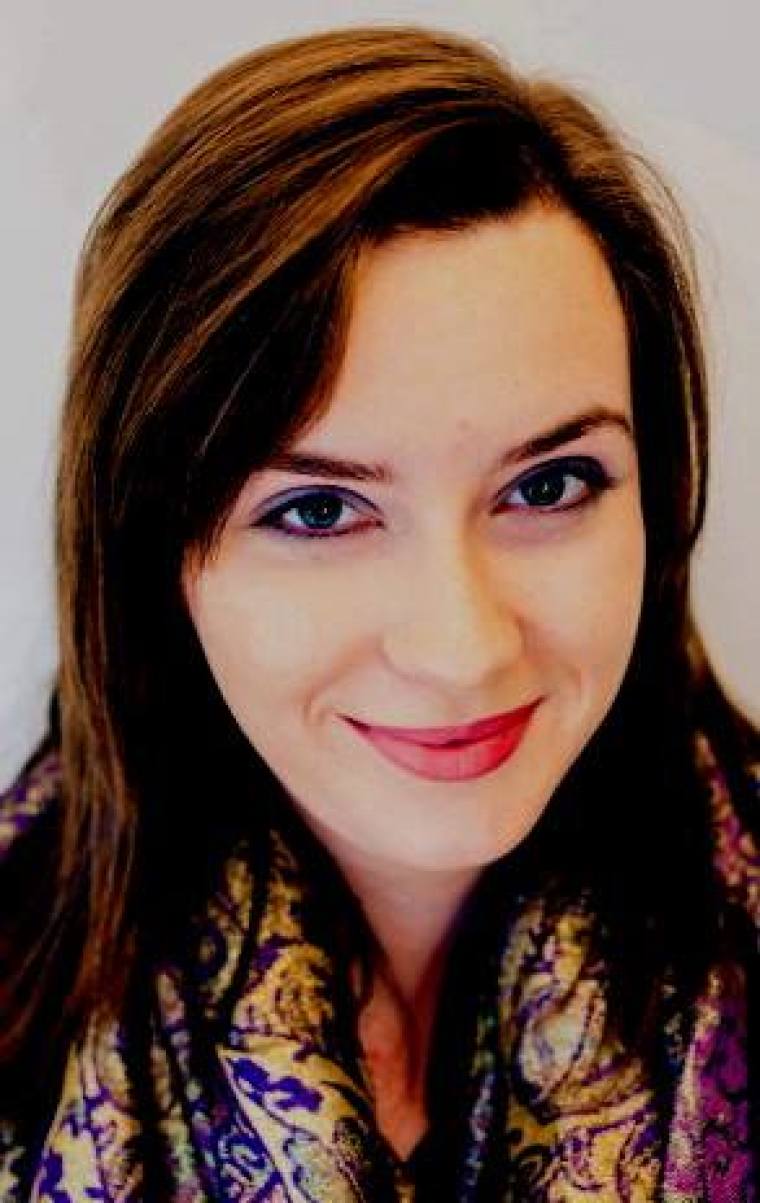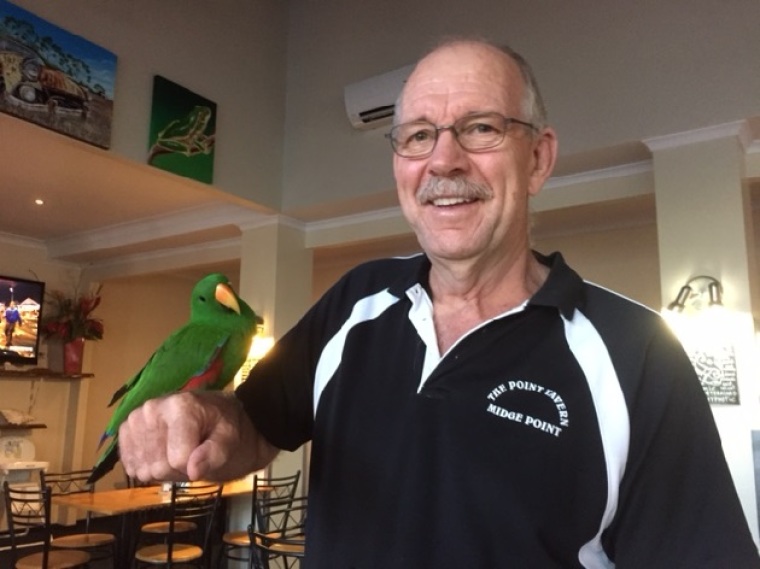

Amidst recent tragedies around the world, I have observed online communities sharing their opinions on the cause and culprit of many devastating events.
In particular, two recent cases caused an onslaught of opinions; the shooting of an endangered gorilla because a child fell into his enclosure, and a toddler snatched from his parents and drowned by an alligator near Disney World.
In both scenarios, the internet voice was quick to assert the cause and culprit. Even more so it seemed when the news had barely broken and no eyewitnesses had spoken out. I didn't consider anything concerning about this reality until Melissa Fenton, a freelance writer, made a profound point that I want to discuss and build upon as a Christian.
Fenton argued that we live in a modern society that must blame and shame someone when tragedies happen. We, without having all the facts, pick a side and argue vehemently for their innocence, leaving all the blood on the other side's hands. We glorify ourselves in this act, as if we are perfect. As if there is no such thing as accidents.
This is evidenced, Fenton argues, by the consistent cry of "where were the parents?", "why didn't they have him under control," and ultimately "I would never have let that happen to MY child." We are so quick to proudly point the finger. We viciously name, shame and blame parents or authorities for an event that happens every day—an accident.
We don't stop to consider that, in the case of the boy dragged away by an alligator, the parents have lost their precious baby before their eyes. The father fought the alligator to rescue his son and would have been inconceivably overcome as he lost to a wild beast and saw his son disappear beneath the surface.
These parents must continue life without their son and people sit behind their keyboards and judge them. The world sits on its high horse and arrogantly proclaims that this would never happen to MY child, because implicitly I am the perfectly omniscient, omnipotent, omnipresent parent.
When I consider what an insightful window this is to the prideful human soul, I am sorrowful. Rather than uniting with these distraught parents and showing compassion when their joy has been snatched from them, we sneer and exalt ourselves. How could we be so proud when we are just like them?
We are fallible people at the whim of our surroundings, falsely decreeing that we are immune from all accidents.
A position of weakness
As a Christian, I strive never to assume that position. I know that I am weak. I know that I cannot control or know everything. I know I have no real power over my future child's steps or the animals around him, or the capacity of his lungs as he struggles to breathe underwater. I know that in my worst moments and my best moments, my help comes from the Lord. He is the only infallible, omniscient, omnipotent and omnipresent one.
With God in this unique role, He is the only one for whom there are no accidents. He is the only being who knows and can control everything perfectly. And unless I assert that I am God, I must relinquish the desire to blame and shame as if I am any better, more knowledgeable, and more powerful than someone else.
This, however, does not give me the right to blame and shame God just because this was no accident to Him. I don't have the answer to why God ordained that boy to be taken by an alligator, but that doesn't make God less good.
Just because I, as a fallible human, do not understand God's purpose, this does not mean there is no purpose or that God suffered an accident. If I blame and shame God for this event, then I assert that I know the right way to order the world. If I question God's hand in this situation, I imply that I am more morally upstanding and would have chosen a better outcome.
So, in the same way I set aside blaming the parents or authorities for this tragedy, I set aside telling God that I have a perfect understanding of the world and could do a better job ordaining accident-less events. Rather, I weep for parents who have learned of their mortality, fallibility and powerlessness in this life.
Simultaneously, I rejoice that this situation could point them to their ultimate hope. They have likely grasped the futility of their strength, so have a fresh opportunity to embrace the truth that the omniscient, omnipotent and omnipresent God is real. I pray with compassion that they would not sit on their high horse like the society of online blamers and shamers.
I pray that they would take to heart 1 Peter, chapter 5:
'Humble yourselves, therefore, under the mighty hand of God so that at the proper time he may exalt you, casting all your anxieties on him, because he cares for you. Be sober-minded; be watchful. Your adversary the devil prowls around like a roaring lion, seeking someone to devour. Resist him, firm in your faith, knowing that the same kinds of suffering are being experienced by your brotherhood throughout the world. And after you have suffered a little while, the God of all grace, who has called you to his eternal glory in Christ, will himself restore, confirm, strengthen, and establish you. To him be the dominion forever and ever.'
Harriet Knox lives in windy Wellington, New Zealand. She works for the Government, loves animals, and cannot function well without a gym membership. She became a Christian at University and attends Gracenet Community Church.
Harriet Knox's previous articles may be viewed at www.pressserviceinternational.org/harriet-knox.html